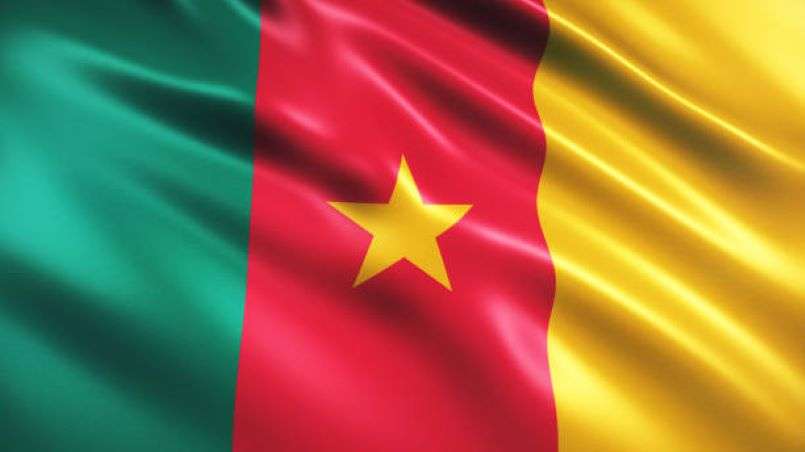
Cameroon’s 2025 general election, scheduled for 12 October, is poised to be one of the most decisive moments in the nation’s modern history. With nearly 70% of the population under 35, rising tensions over governance, security, and economic prospects have set the stage for a highly consequential vote.
Modernised electoral systems, including biometric voter cards and QR-coded results, promise a more transparent process.
Since gaining independence in 1960, Cameroon has shifted from a single-party structure to a multi-party system, introduced in 1990. Yet President Paul Biya, in power since 1982, has won seven consecutive elections. While this continuity has brought stability, frustration among younger generations has intensified.
Key events leading up to the vote include the disputed 2018 presidential election, opposition boycotts in the 2020 municipal and legislative polls, and the rollout of new biometric enrolment kits between 2021 and 2024.
A presidential decree on 11 July formally set 12 October as the election date, with provisional results to be published by 17 October.
For the first time, ELECAM—the electoral authority composed of 12 presidential appointees—will employ 1,000 portable biometric kits, cryptographic protection for results, and a portal displaying results by polling station. Despite doubts about its independence, the commission is training 33,000 election agents and using solar-powered systems for remote locations.
At 92, President Biya is pursuing an eighth term under the Cameroon People’s Democratic Movement (CPDM), which still holds a parliamentary majority. Opposition leader Maurice Kamto, representing the Cameroon Renaissance Movement (MRC) under the MANIDEM banner, is seeking to capitalise on urban youth support. The Social Democratic Front (SDF) continues to advocate for a federal model of governance.
The stakes extend beyond politics. Anglophone separatists in the Northwest and Southwest, Boko Haram activity in the Far North, and economic concerns—including 4.3% projected growth, pending LNG terminal deals, and the stalled Douala–Yaoundé rail project—add layers of complexity.
With first-time voters, diaspora participation across 44 embassies, and over 26,000 polling stations, this election represents what many see as a turning point. Cameroonians are being urged to verify their voter cards, arrive early at polling stations, and rely on verified information as the nation prepares for a vote that could reshape its trajectory for decades.



